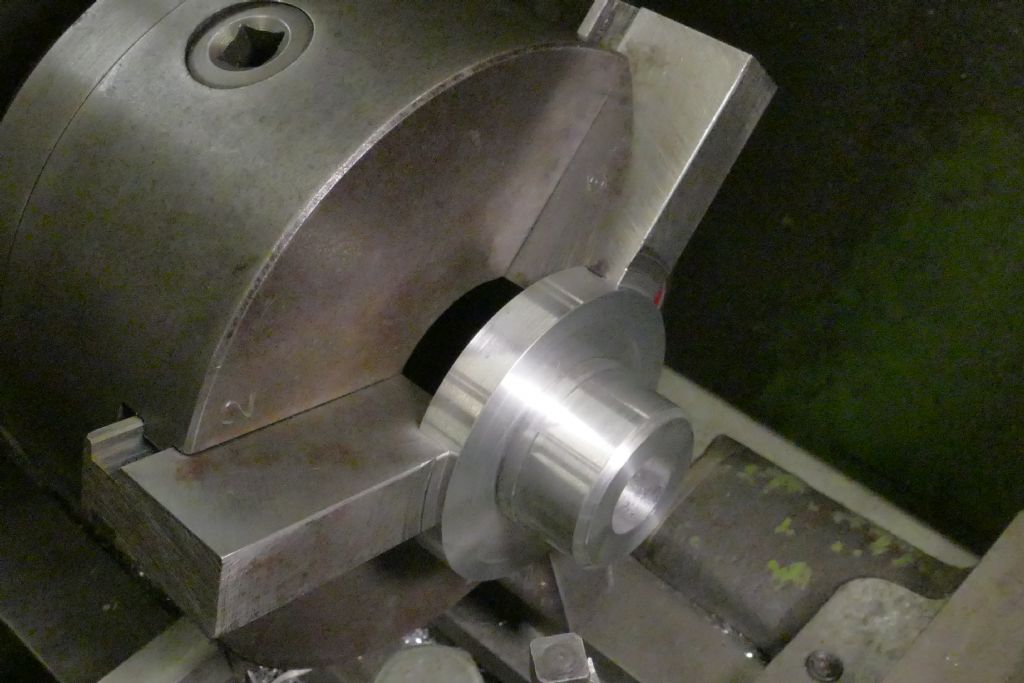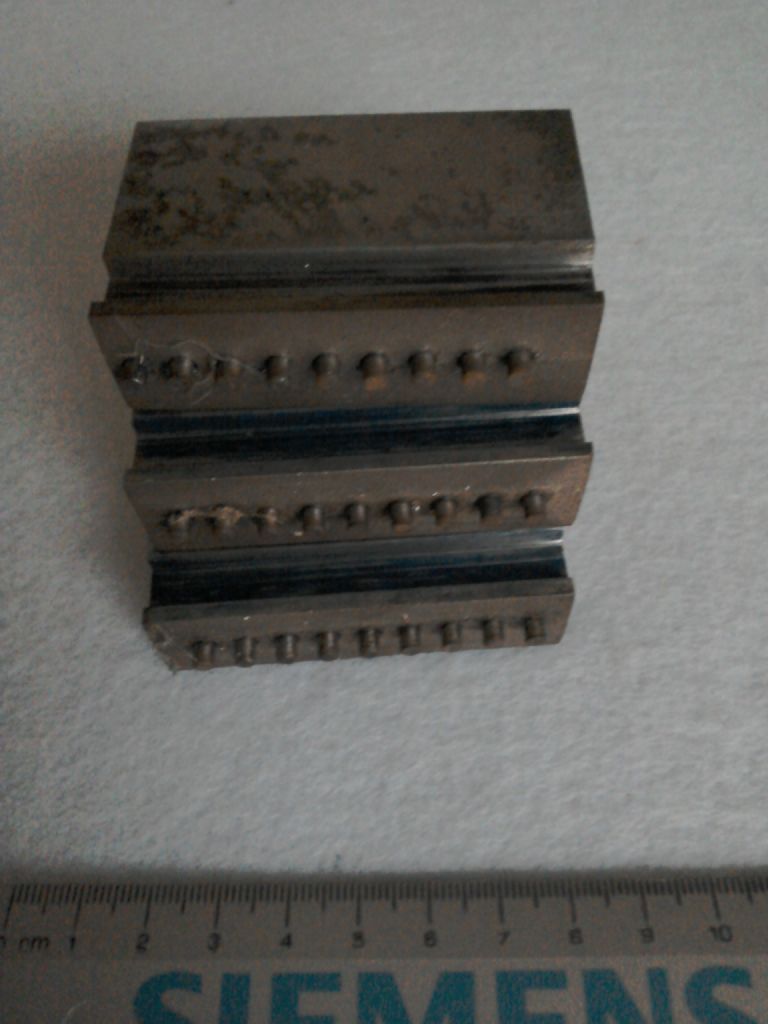All my chucks came from Warco, and they're all fine – certainly better than any worn-out damaged whoever made it!
But there's a logic error in Chris's question, because it assumes tool quality can be linked to a particular importer. Although I've had no problem with Warco gear in general I can't say that all chucks sold by Warco will be good. My chucks were bundled with Warco machine purchases and there's no certainty Warco's off-the-shelf chucks are from the same manufacturer, or the same batch. They might be better!
In the good old days best tactic was to identify a reliable brand and cough up big money. Necessary because there was a big gap between well-made chucks and the others! Consumer protection was weak, communication by letter, and post and packing cost a bomb. Most decent tools were so expensive they had to last a lifetime.
We live in a different world. Manufacturing technique has improved and there are now large numbers of inexpensive mid-range tools on the market. We're also better protected against sharks, and most issues can be resolved quickly. Mid-range tools are mostly 'good enough', certainly inferior to the best, but certainly not rubbish.
Buying expensive industrial tools provides assurance that the item will be to specification, operate without quirks, and stand up to repeated busy workshop beatings. Their disadvantage is high cost, which I feel is unjustified for light amateur or even semi-professional purposes. (Unjustified in the sense there's no point in wasting good money on tools that don't pay for themselves. Buying expensive tools because they make you feel good is valid, but recognise it's done to meet emotional rather than engineering requirements! )
The risks associated with buying tools has changed. Buying from a reputable supplier like Warco means they will replace or refund in the event a faulty tool arrives on your doorstep. Because inspection is minimised to keep costs down, there's always a risk a dud will arrive. Otherwise, don't expect tool-room quality, but the chucks should be OK for hobby purposes, maybe lasting years rather than decades, and feeling gritty rather than smooth. And they are cheap enough to replace when worn or damaged.
An example may help. Consider teaspoons. Should you buy:
- Designer hall-marked silver (suitable for state occasions)
- Robust EPNS or stainless (suitable for restaurants with an industrial dishwasher)
- Flimsy stainless (domestic, but spoons bend digging out ice-cream)
- Thin stainless with plastic handle (cheap domestic – don't care if they get lost or broken)
- Plastic disposable. (take-away, camping trips, etc)
In the case of teaspoons, advice to buy the best you can afford is almost certainly wrong! Better to understand what the item is for, how long it has to last, what happens if the order goes sour, and the budget! The purchase is on solid ground if honestly answering the questions tells you to buy the best, otherwise save the money. There's always something else to spend it on.
Dave
old mart.







